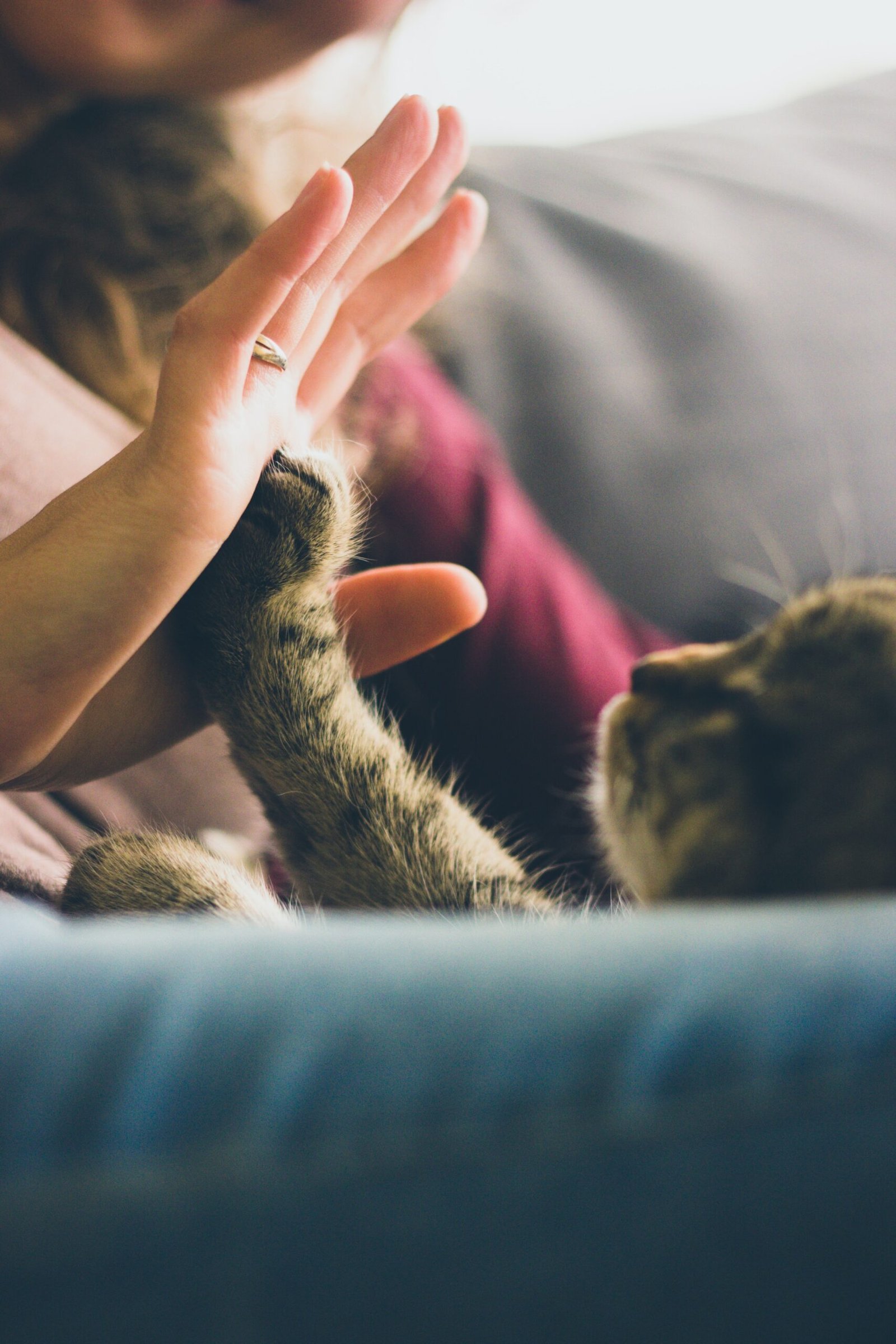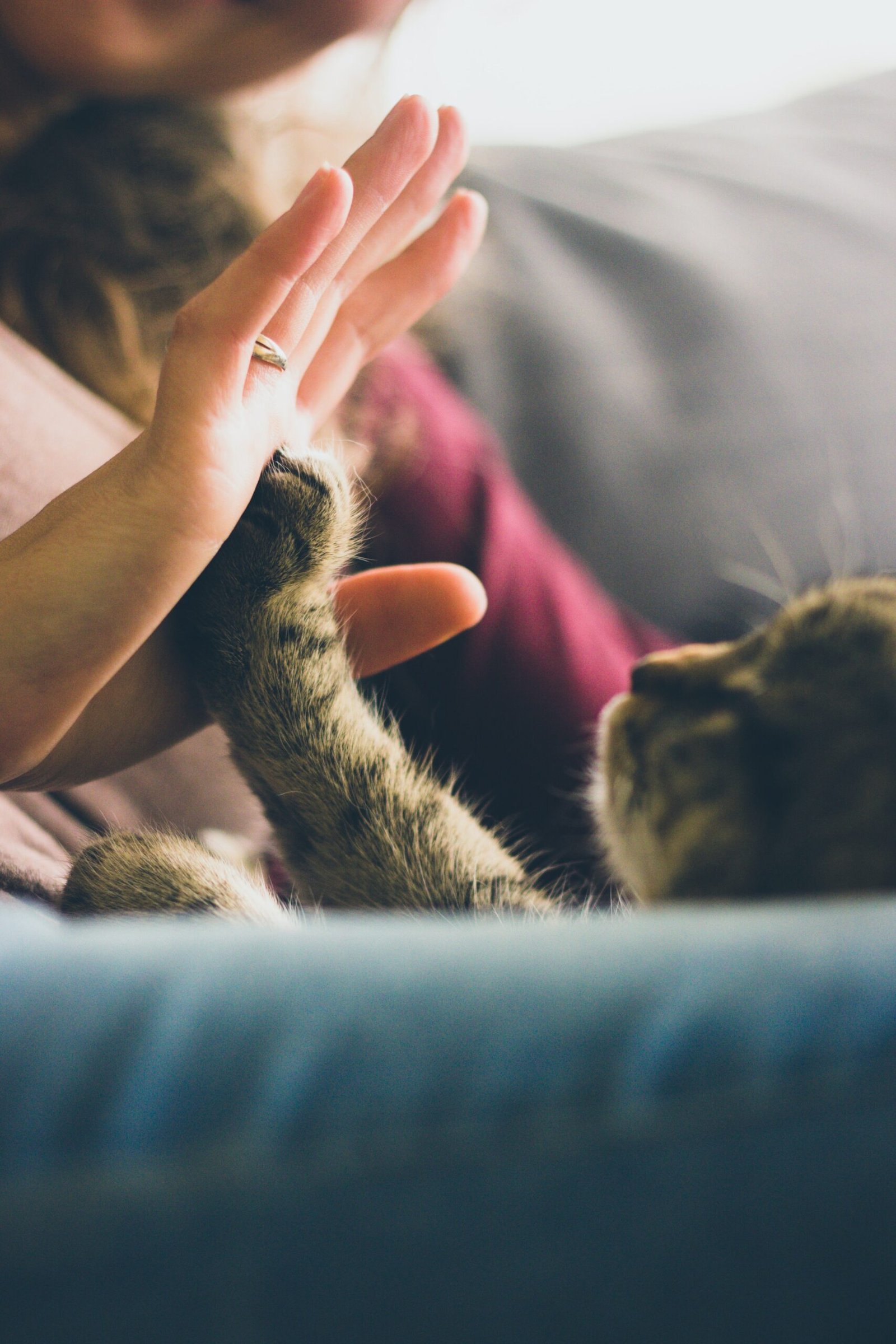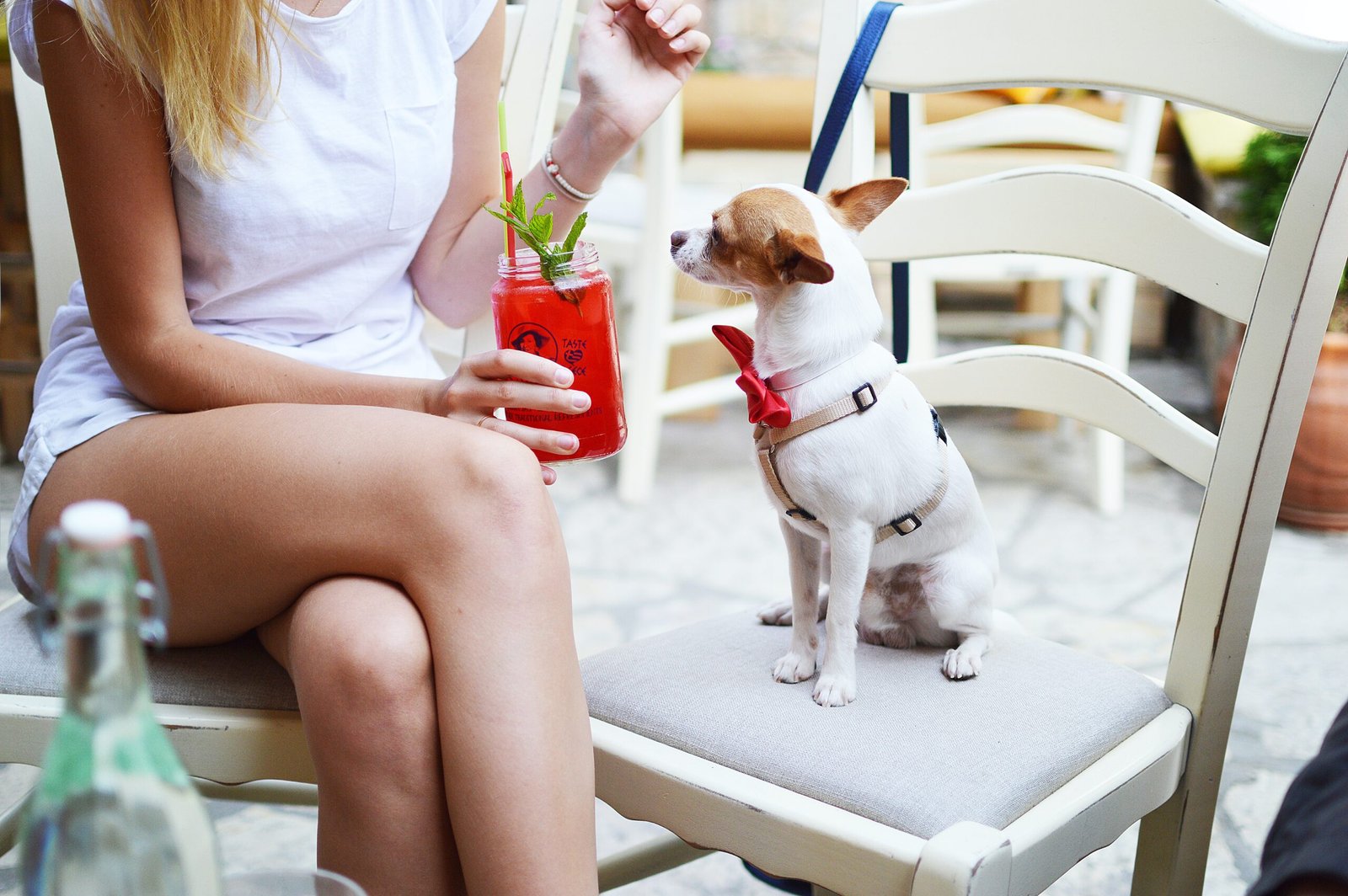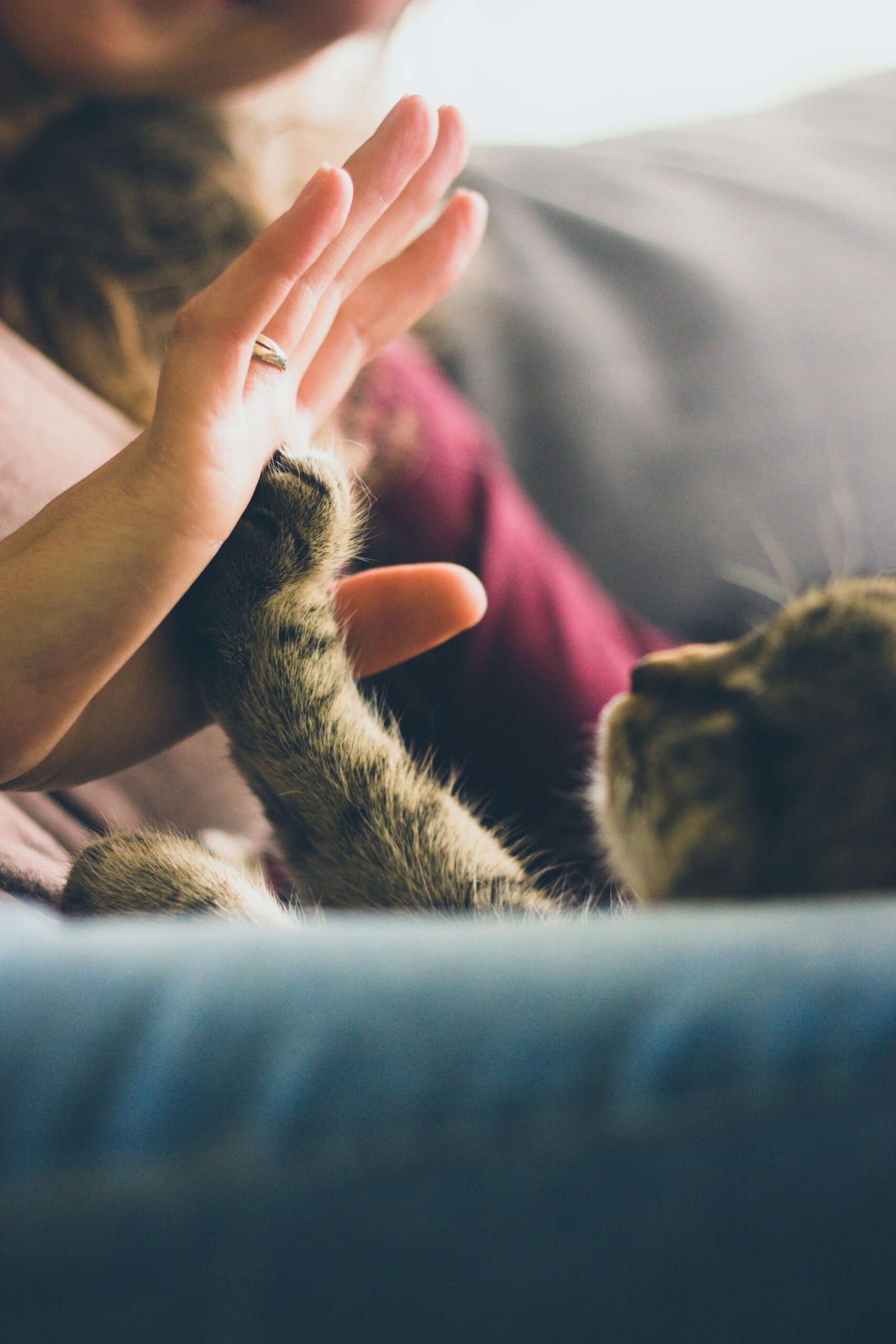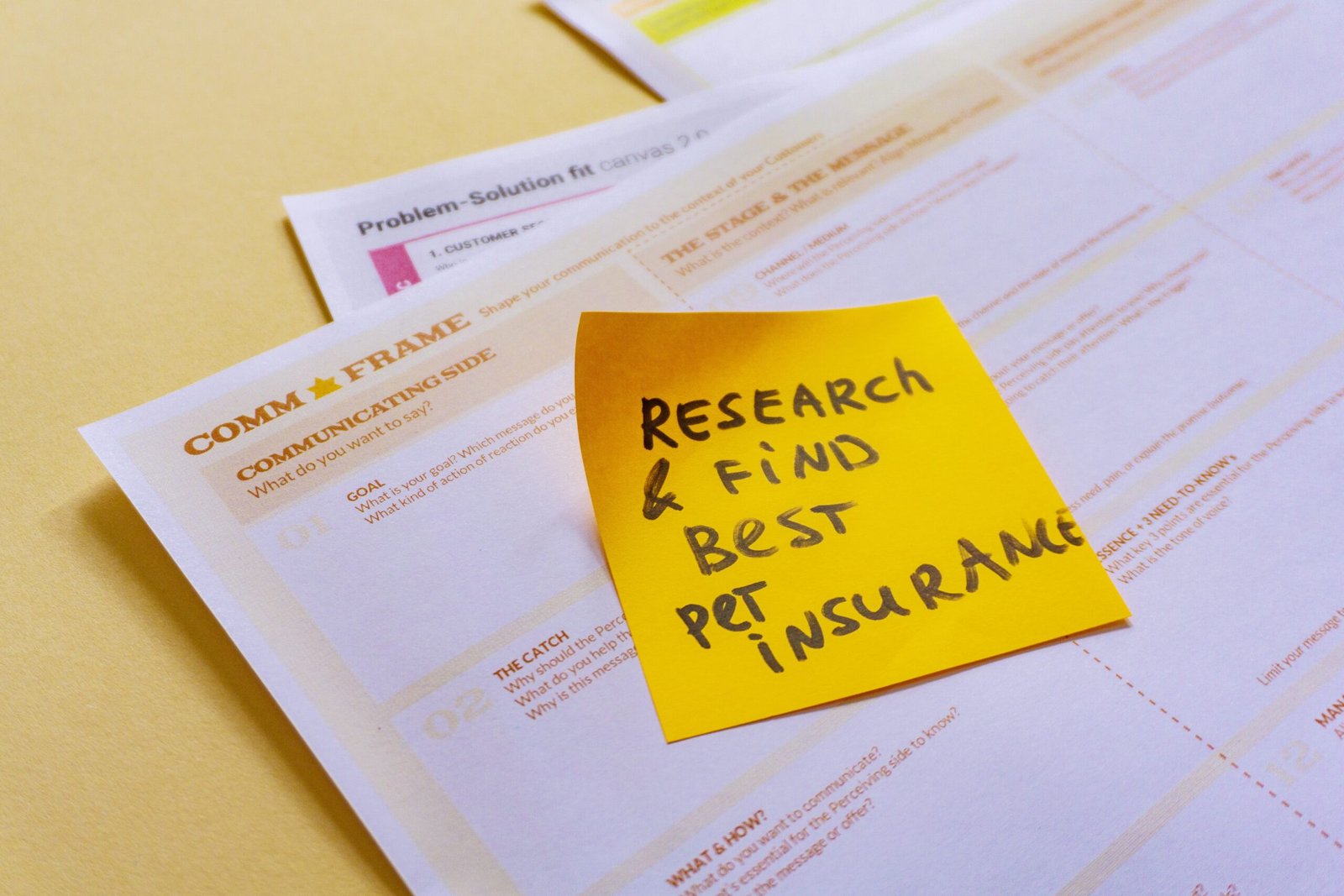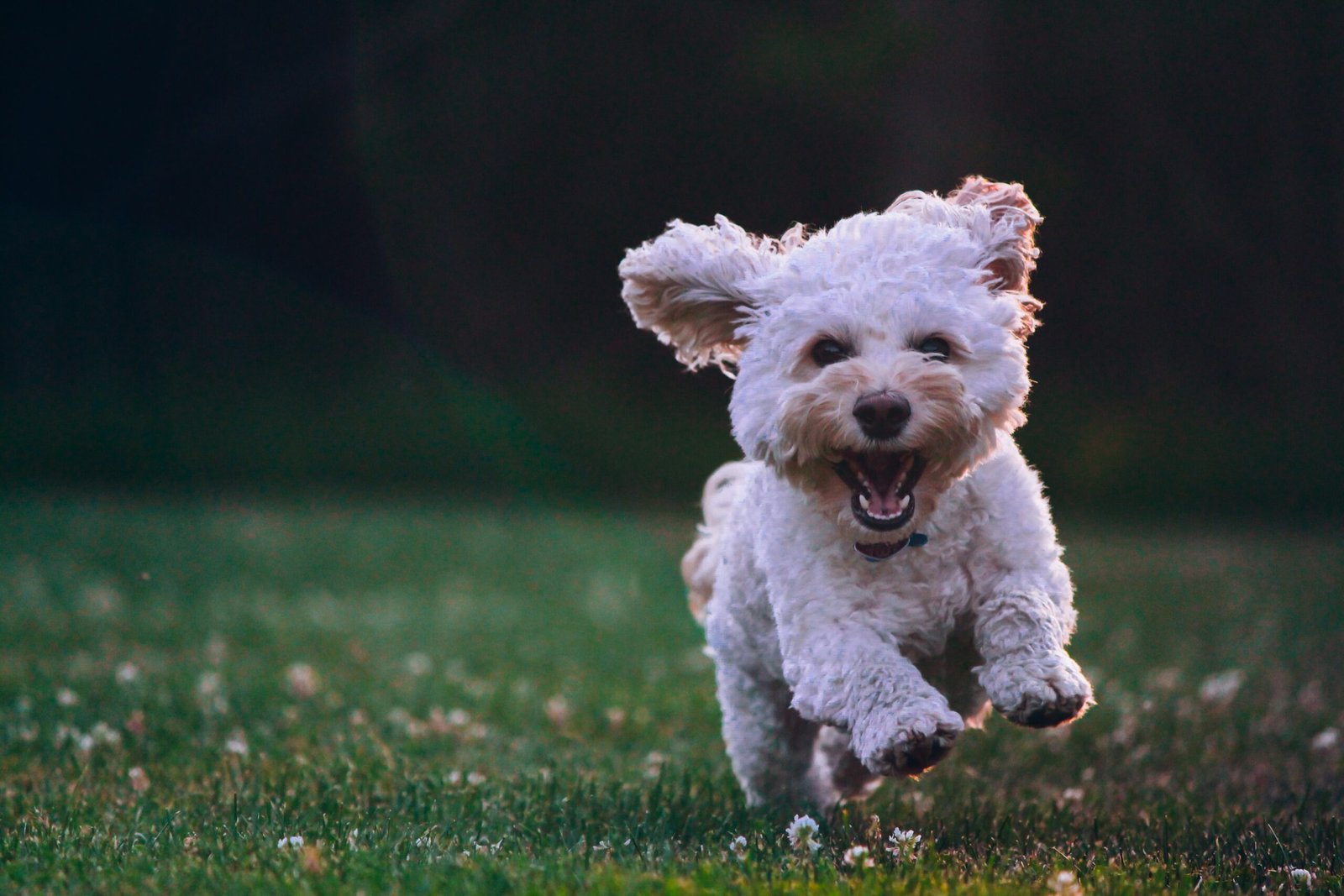Top 10 Tips for Responsible Pet Ownership: A Guide to Happy and Healthy Pets
Introduction:
Welcome to our comprehensive guide on responsible pet ownership! Whether you are a new pet owner or have had furry companions for years, it’s important to understand the key aspects of responsible pet ownership. In this blog post, we will provide you with the top 10 tips to ensure your pets are happy, healthy, and well-cared for. We’ll also explore current trends in pet ownership to help you stay up-to-date with the latest information.
1. Provide a Loving and Safe Home Environment
Your pet’s safety and well-being should be your top priority. Create a secure and comfortable home environment for your pet, ensuring they have a designated area for rest, play, and access to fresh water and food. Remove any hazards that could endanger your pet’s health, such as toxic plants or chemicals.
Example: If you have a cat, make sure to provide them with a scratching post to satisfy their natural instincts and protect your furniture.
2. Regular Veterinary Care
Regular veterinary check-ups are essential for your pet’s overall health. Schedule annual wellness exams, vaccinations, and preventive treatments for parasites. Your veterinarian can also provide guidance on nutrition, behavior, and any specific needs your pet may have.
Example: Just like humans, pets need regular dental care. Talk to your vet about dental hygiene practices suitable for your pet.
3. Balanced Diet and Regular Exercise
A well-balanced diet tailored to your pet’s specific needs is crucial for their overall health. Consult your veterinarian to determine the right type and amount of food for your pet. Regular exercise is equally important to keep your pet physically and mentally stimulated.
Example: For dogs, regular walks or playtime in a fenced area can help prevent obesity and promote cardiovascular health.
4. Socialization and Training
Proper socialization and training are key to raising a well-behaved pet. Expose your pet to various environments, people, and other animals from an early age. Enroll your pet in obedience classes or work with a professional trainer to teach them basic commands and good behavior.
Example: Socializing your puppy with other dogs and people can help prevent fear and aggression issues later in life.
5. Identification and Microchipping
Ensure your pet always wears a collar with identification tags containing your contact information. Microchipping is an additional measure to increase the chances of being reunited with your pet if they ever get lost. Remember to keep your contact information up to date.
Example: Consider including an emergency contact number on your pet’s ID tags in case you are unavailable.
6. Responsible Breeding and Adoption
If you decide to bring a new pet into your family, consider adoption from a shelter or rescue organization. Thousands of animals are in need of loving homes. If you choose to breed your pet, do so responsibly, ensuring proper care for both the parent animals and the offspring.
Example: Spaying or neutering your pet not only helps prevent unwanted litters but also offers health benefits and reduces certain behavioral issues.
7. Grooming and Hygiene
Maintaining proper grooming and hygiene practices is essential for your pet’s comfort and health. Regularly brush your pet’s coat, trim their nails, clean their ears, and brush their teeth. Follow your veterinarian’s recommendations for grooming frequency.
Example: Regular grooming sessions can also be an opportunity to bond with your pet and monitor their overall health.
8. Environmental Responsibility
Be a responsible pet owner by cleaning up after your pet when outdoors, whether in your neighborhood or at a park. Dispose of waste properly to prevent the spread of diseases and maintain a clean environment for everyone.
Example: Carry waste bags during walks and dispose of them in designated bins.
9. Mental Stimulation and Enrichment
Pets need mental stimulation to prevent boredom and destructive behavior. Provide toys, puzzles, and interactive games to keep your pet’s mind engaged. Rotate toys regularly to maintain their interest.
Example: For cats, consider providing scratching posts, climbing trees, and interactive toys to satisfy their natural instincts.
10. Love and Affection
Lastly, shower your pet with love and affection. Pets thrive on human companionship and bonding. Spend quality time with your pet, offering cuddles, playtime, and positive reinforcement.
Example: Set aside dedicated time each day to engage with your pet, whether through interactive play or simply relaxing together.
Frequently Asked Questions (FAQs)
Q: How often should I take my pet to the veterinarian?
A: It is recommended to schedule annual wellness exams for your pet. However, certain pets, such as senior animals or those with specific health conditions, may require more frequent visits. Consult your veterinarian for personalized recommendations.
Q: How can I prevent my pet from becoming overweight?
A: Maintaining a healthy weight is crucial for your pet’s overall well-being. Ensure they have a balanced diet, appropriate portion sizes, and engage in regular exercise. Consult your veterinarian for specific dietary and exercise recommendations for your pet.
Q: What should I do if my pet gets lost?
A: If your pet goes missing, act quickly. Contact local animal shelters, veterinary clinics, and post on community lost and found pet groups. Ensure your pet has proper identification tags and consider microchipping for added security.
Q: How can I prevent my pet from destructive chewing?
A: Provide your pet with appropriate chew toys and regularly rotate them to keep their interest. Keep valuable items out of reach and use positive reinforcement to redirect their chewing behavior to acceptable items.
Q: Should I bathe my pet regularly?
A: The frequency of bathing depends on your pet’s breed, coat type, and lifestyle. Over-bathing can strip their skin of natural oils, so consult your veterinarian for guidance on the appropriate bathing schedule for your pet.
Q: Can I train an older pet?
A: Yes, older pets can still learn and benefit from training. While it may take more time and patience, consistent training methods can help modify behavior and strengthen the bond between you and your pet.
Q: Is it necessary to groom short-haired pets?
A: Yes, even short-haired pets require regular grooming to remove loose hairs, prevent matting, and maintain healthy skin. Brushing also helps distribute natural oils and can be a bonding experience.
Q: What should I do if my pet shows signs of illness or discomfort?
A: If your pet displays unusual behavior, loss of appetite, lethargy, or any other concerning symptoms, contact your veterinarian immediately. Early detection and treatment can prevent further complications.
Q: How can I introduce a new pet to my existing pets?
A: Introduce new pets gradually and in a controlled environment. Allow them to sniff each other through a barrier and gradually increase their interaction under supervision. Seek guidance from a professional trainer if needed.
Q: How can I help my pet overcome separation anxiety?
A: Separation anxiety can be challenging for both pets and owners. Gradual desensitization, providing interactive toys or treat puzzles, and seeking guidance from a professional behaviorist can help manage and alleviate separation anxiety.
Tips:
- Consider pet insurance to help cover unexpected veterinary costs.
- Research local pet-friendly establishments and events to socialize your pet.
- Create a pet emergency kit with essential supplies in case of natural disasters or emergencies.
Conclusion:
By following these top 10 tips for responsible pet ownership, you can provide a loving and nurturing environment for your furry friends. Stay informed about the latest trends and practices in pet care to ensure your pets lead happy, healthy lives. Remember, responsible pet ownership is a lifelong commitment that brings immeasurable joy and companionship.
Call to Action:
Share your favorite responsible pet ownership tip with us and encourage others to join the conversation. Together, let’s create a community of responsible pet owners who prioritize the well-being of our beloved companions.
